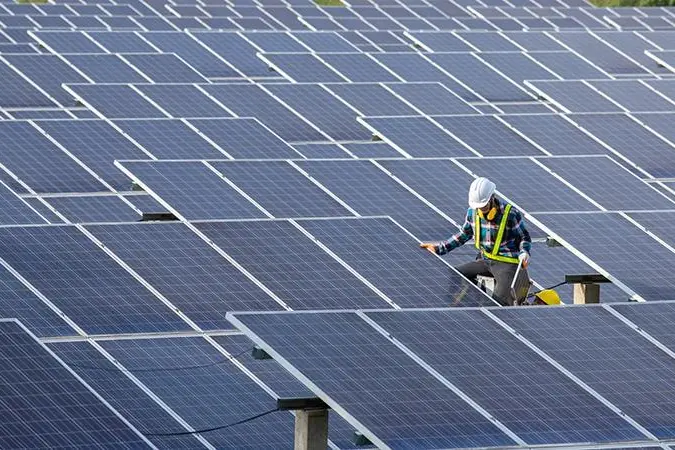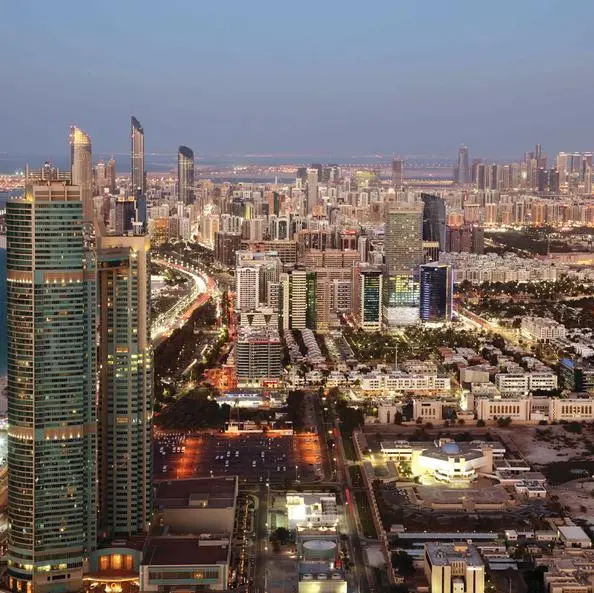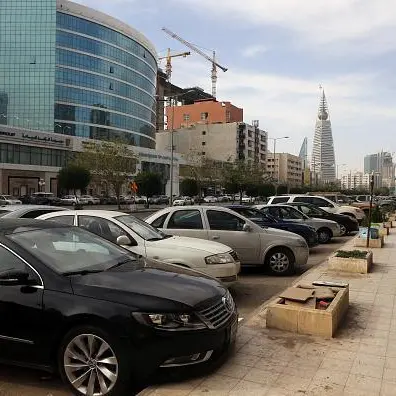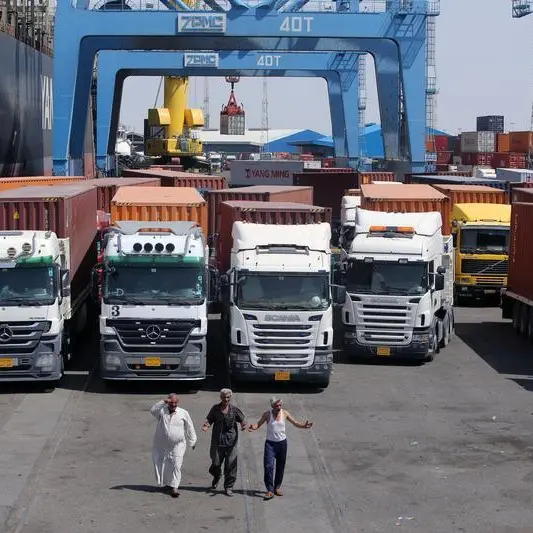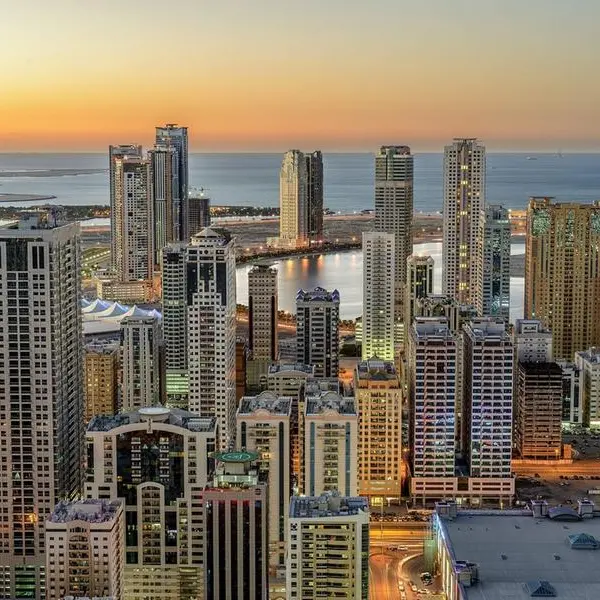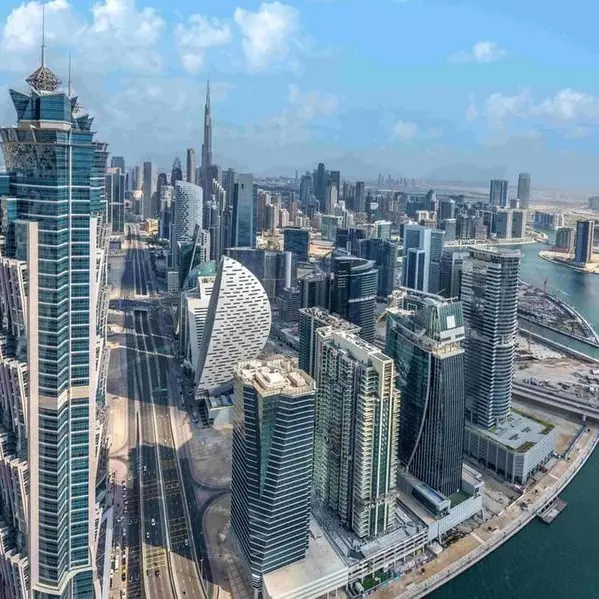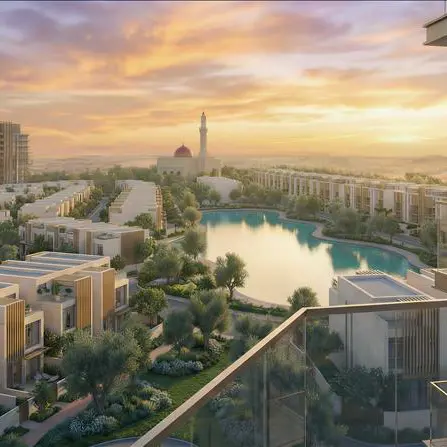PHOTO
The European Commission has allotted massive funds for several key infrastructure projects in Africa under the €150 billion ‘Global Gateway Investment Plan for Africa, announced during the European Union-Africa Summit in February 2022, a top EU official said.
Speaking at a press conference on 28 November, European Commission President Ursula von de Leyen said the EU is mobilising massive funding for energy projects, from solar to hydropower, to interconnectors and has signed renewable energy partnerships with Namibia and Egypt on the margins of COP27 under the plan.
She said, “We are ready to sign a new financing agreement worth €750 million on clean energy, on strategic transport corridors and on digitalisation. Work should start soon on submarine cables to digitally connect Eastern and Western Africa with Europe”.
Strategic corridors
Eleven strategic transport corridors have been identified for enhanced and greener EU-Africa connectivity. These corridors will facilitate trade and mobility within Africa and between Africa and Europe, develop new value chains and benefit industries in both continents, a statement from the European Commission said. They are: Abidjan-Lagos, Abidjan-Ouagadougou, Dakar-Abidjan, Cotonou-Niamey, Libreville / Kribi / Douala-n’djamena, Douala / Kribi-Kampala, Dar es salaam-Nairobi-Addis ababa-Berbera / djibouti, Mombasa-Kisangani, Maputo-Gaborone-Walvis Bay, Durban-Lusaka, Cairo-Khartoum-Juba-Kampala.
Green Energy initiative
The EU-Africa Green Energy Initiative aims to support the deployment of at least 50 gigawatts (GW) of renewable electricity and 40 GW of electrolyser capacity for green hydrogen production in Africa by 2030. The initiative estimates to raise a total of €15 billion from public institutions and private investors.
3.4 billion euros in EU grants will support renewable energy, energy efficiency, the just transition and the greening of local value chains. Part of this, will be used to leverage private sector investments via guarantees and blending under the European Fund for Sustainable Development (EFDS+), the statement said.
The projects for which funds have been allotted are:
** A 200 km transmission line between the Democratic Republic of Congo and Zambia connecting the Zambia Electricity Supply Corporation Limited network to the future Congolese National Electricity Company’s grid.
**The (Kasama) – Tanzania (Mbeya) 400 KV interconnection that is part of the Zambia-Tanzania- Zambia Kenya transmission that will link the East Africa Power Pool (EAPP)and Southern African Power Pool (SAPP) countries.
**The Angola-Namibia interconnection (ANNA), part of the Southern Africa Interconnection corridor.
**After signing an MoU with Namibia on critical raw materials at the COP27, a similar agreement is in the pipeline for Uganda, South Africa, Rwanda, Senegal, DRC, Zambia, Burundi, Morocco and Algeria, the statement noted.
**3 billion euros for the implementation of the Just Energy Transition Partnership with South Africa.
** A €1 billion Team Europe Initiative to help the low carbon transition of Côte d’Ivoire.
Food security
EU will mobilise more than €4.5 billion for Africa until 2024 to give immediate food assistance and to work on improving and increasing local food production with modern technologies, the EC President said.
“We agreed today to launch a joint Task Force on fertilisers, to tackle together the various challenges for the short and for the long term as far as fertilisers are concerned,” she said.
(Writing by Sowmya Sundar; Editing by Anoop Menon)
